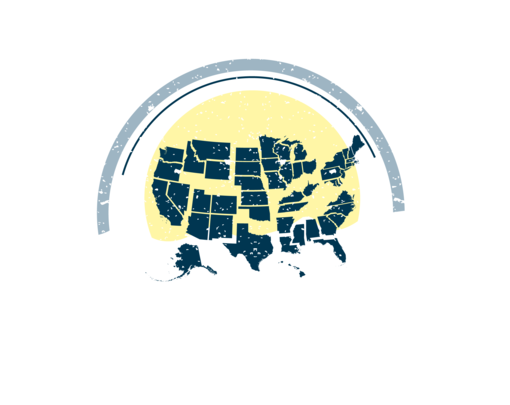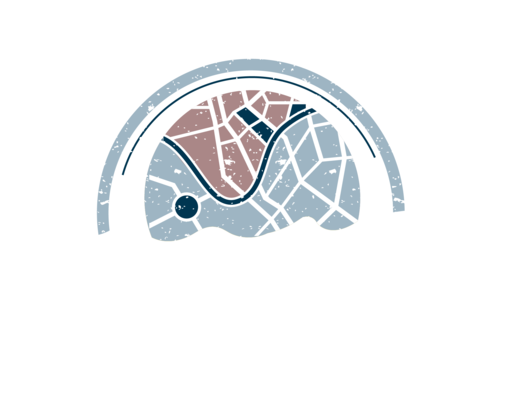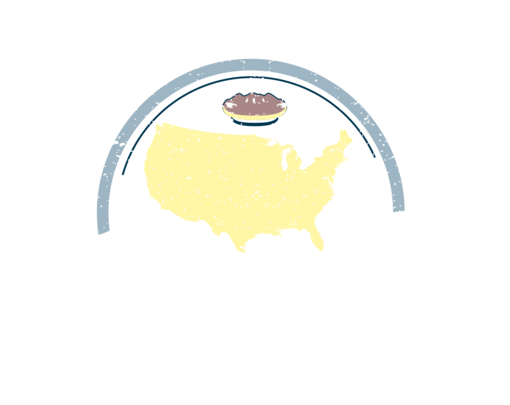Why is ownership a key determinant of system structure?
The most basic criteria of how major systems are structured involve how wealth is owned and controlled institutionally. In feudalism, wealth was owned and controlled via land, so power rested with the lords, the king, and the church, who owned the land. In state socialism, capital is owned and controlled by the state; in corporate capitalism, it is owned and controlled by shareholders. Who owns capital is a major determinant of how the power is arranged within the political and economic system. It’s not the only determinant, but obviously it is a major force. Either there is an alternative arrangement of institutional power that decentralizes ownership and democratizes it, or we are stuck with these three traditional models.
Any system in which a mere 400 people at the top own more wealth than the bottom 190 million—and whose wealth is also intimately related to concentrated corporate power—is likely to inherently move in a direction away from genuine democracy.1 Yet this is the inequality that the current American system of corporate capitalism has generated.
How does the Pluralist Commonwealth democratize ownership?
At the very heart of the Pluralist Commonwealth is the principle that ownership of the nation’s wealth must ultimately be shifted, institutionally, to benefit the vast majority—but also done so in a way that decentralizes political and economic power and also achieves economic, ecological, and other goals—including, importantly genuine democracy, equality and liberty. (See EVOLUTIONARY RECONSTRUCTION AND DISPLACEMENT.)
Ownership in a Pluralist Commonwealth is, unsurprisingly, pluralist in nature. At the level of individuals and families, many small firms remain privately owned. Forms of shared equity housing like cooperatives and community land trusts, where ownership is balanced between a private individual or family and a larger community structure, are built upon existing experience and are much more widely used. Many small and medium-sized workplaces can be structured as cooperatives that are directly owned and governed by their workers, potentially with the interest of the community as a whole also expressed through various means. (For instance through community ownership of real assets, which are then leased to worker-owned businesses.) Larger firms, with much larger impacts on public welfare—such as those that, for one reason or another, are “too big to fail”—are publicly owned utilities at the regional and, in limited cases, national level. In some cases, public ownership may be driven by the presence of a natural monopoly. In other, more entrepreneurial cases, public ownership is secured through public provision of, and oversight over, investment capital. Larger enterprise forms also are structured through new combinations of public, worker, and community ownership. (See PLURALISM.)
Where is ownership being transformed in the direction of a Pluralist Commonwealth today?
While ownership of the economy is currently extremely concentrated, alternative ownership forms in the US are much more common than many suspect. A good example is the ESOP—Employee Stock Ownership Plan—a legal mechanism through which more than 13 million American workers today own a share (and in some cases, all) of their workplace.2 Or consider credit unions. There are over 6,000 of these nonprofit financial institutions, cooperatively owned through over a hundred million memberships in the United States.3 Or COOPERATIVES of all types, which number roughly 30,0004 and are collectively responsible for approximately $3 trillion dollars in assets, $650 billion dollars in revenue, and about $25 billion dollars in wages.5
The previously noted Evergreen Cooperatives in Cleveland, Ohio, provide an important precedent for structures that blend worker and community ownership. The individual worker cooperatives within the Evergreen network are largely owned by their workers, except for a small “golden” share controlled by the nonprofit. This golden share binds them together, and prevents the “demutualization” of their assets; the workers can’t vote to sell the company assets and pocket the proceeds.6
As a result, while the workers own and control their workplace, the interests of the community are recognized as well. Other community–building models include community development corporations that trace their origins to the Kennedy-Johnson era. New Community Corporation, for instance is a large neighborhood-benefitting non-profit corporation in Newark, New Jersey that employs 1,600, provides affordable housing to over 7,000 residents, and manages a credit union, a workforce training center, youth and adult educational programs, and an extended care and adult day care facility on behalf of the community.7
See also:
COOPERATIVES, EVOLUTIONARY RECONSTRUCTION AND DISPLACEMENT, PLURALISM
Further reading
Gar Alperovitz, What Then Must We Do: Straight Talk About the Next American Revolution (White River Junction, VT: Chelsea Green Publishing, 2013).
Gar Alperovitz, America Beyond Capitalism, 2nd ed. (Takoma Park, MD: Democracy Collaborative Press and Dollars & Sense, 2011). See Part II.
Marjorie Kelly, Owning Our Future (San Francisco, CA: Berrett-Koehler Publishers, 2012).
Steve Dubb, Building Wealth: The New Asset-Based Approach to Solving Social and Economic Problems (Washington, DC: The Aspen Institute, May 22, 2005).
- 1Chuck Collins and Josh Hoxie, Billionaire Bonanza Report: The Forbes 400…and the Rest of Us (Washington, DC: Institute for Policy Studies, 2015), 3, accessed October 31, 2016.
- 2 “ESOP Statistics,” The ESOP Association, accessed November 7, 2016; National Center for Employee Ownership and Employee Owned S Corporations of America (ESCA), Economic Growth through Employee Ownership (Oakland, CA and Washington, DC: NCEO and ESCA, 2016), 4, accessed November 7, 2015.
- 3Credit Union National Association, Monthly Credit Union Estimates (Washington, DC: Credit Union National Association, August 2016), 4, accessed November 2, 2016.
- 4E.G. Nadeau, The Cooperative Solution: How the United States can tame recessions, reduce inequality, and protect the environment (Charleston: CreateSpace Independent Publishing Platform, 2012), 7.
- 5Hilary Abell, Worker Cooperatives: Pathways to Scale (Washington, DC: The Democracy Collaborative, 2014), 5.
- 6Mark J. Lane, The Mission-Driven Venture: Business Solutions to the World’s Most Vexing Problems (Hoboken, NJ: Wiley, 2015), 104.
- 7 “New Community Corp: Newark, New Jersey,” Fast Company, accessed November 7, 2016; “About,” New Community Corporation, accessed November 7, 2016.





























